
A universal assumption about autism is that autistic people tend to be
inflexible and it is NOT GOOD to be inflexible. Let’s take a look at that assumption.
Neuro majority people talk a lot about the inflexibility and the rigidity of autistic people. Seems like they get stuck in that train of thought. Isn’t it quite a narrow perception to believe that everyone should be just like you and should conform to your ways?
And yet, as an autistic, if I want to get anywhere in the world I need do just that – to conform to the ways of the world. In this case I need to appear to be flexible – flexible as defined by the neuro majority.
And while I am busy conforming to the expected arbitrary standards of a
neuro majority society I am to embrace diversity. Everybody is expected to embrace diversity. It is a good thing. It is politically correct.
Seems to me that if you want to hold a job and have a place in society at large it is important to embrace diversity, but not so close as to actually live out the concept fully. Diversity can be represented by a spectrum. It is politically correct to support the full spectrum of diversity. But in reality, we are not quite there yet when it comes to accepting the full range of the spectrum!
For me personally, to make a living and support myself, I find I cannot
actually BE too different. Even though society prides itself on the concept of diversity, in reality they do not embrace it in everyday life. In fact, I have found that the closer I stick to the midline of the diversity spectrum and the more I appear to be flexible, as defined by society, the better my chances of supporting myself.
So, at the end of the day, who is it that is inflexible – the autistic or the society that sets arbitrary standards to which all must comply?
And if diversity were truly accepted wouldn’t “autistic inflexibility” be just one more GOOD THING?
REFERENCES
Endow, J. (2013). Painted Words: Aspects of Autism Translated. Cambridge, WI: Cambridge Book Review Press.
Endow, J. (2009). Paper Words: Discovering and Living With My Autism. Shawnee Mission, KS: AAPC Publishing.
 JUDY ENDOW, MSW
JUDY ENDOW, MSW
Judy Endow, MSW is an autistic author, artist and international speaker on a variety of autism related topics. Read more from Judy on Ollibean here and on her website www.judyendow.com.

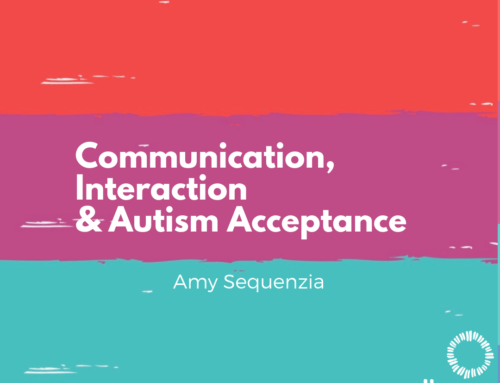
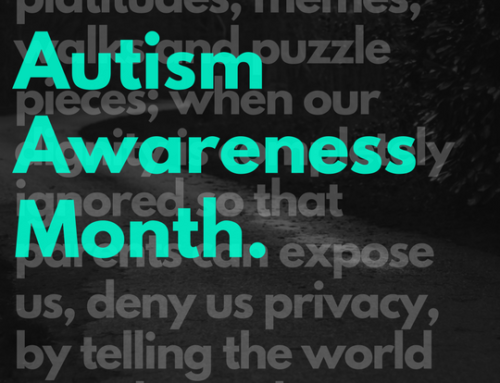
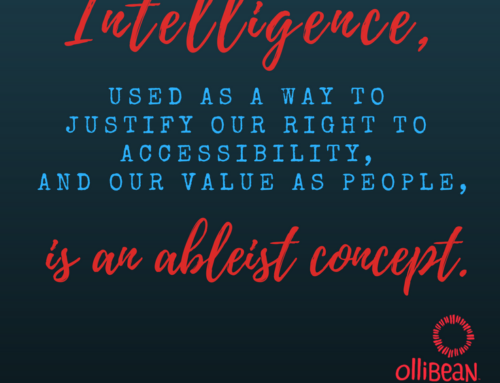
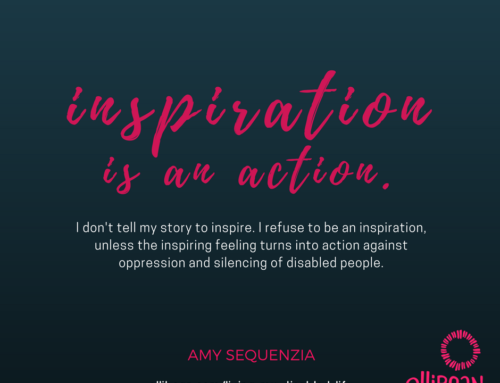
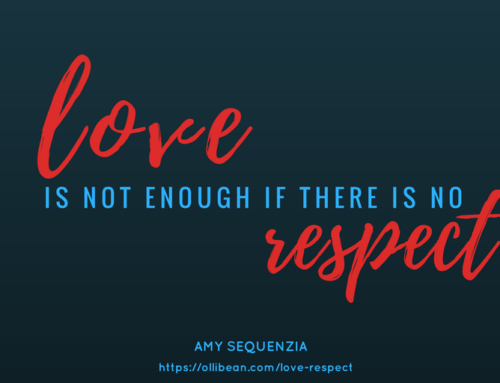
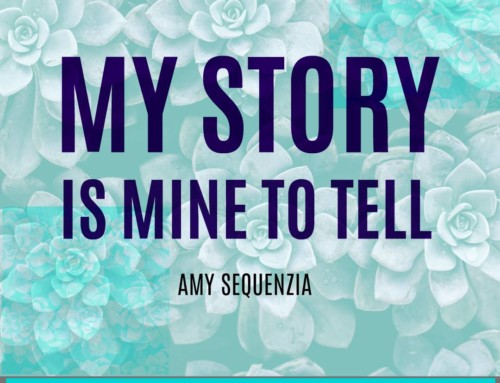
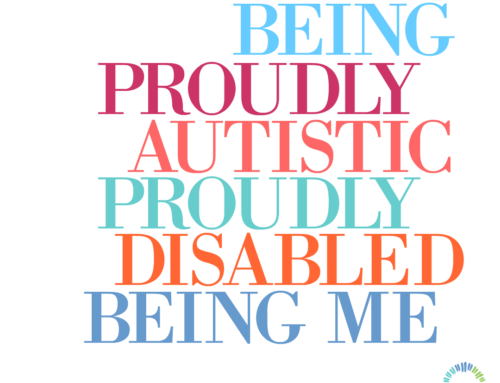
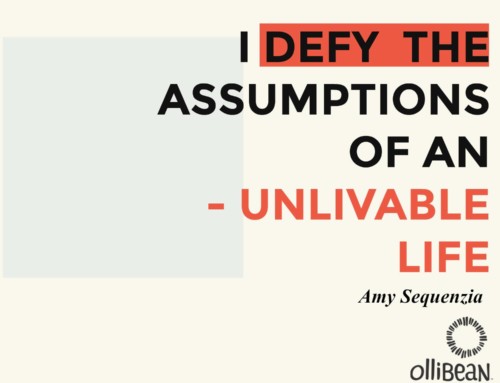

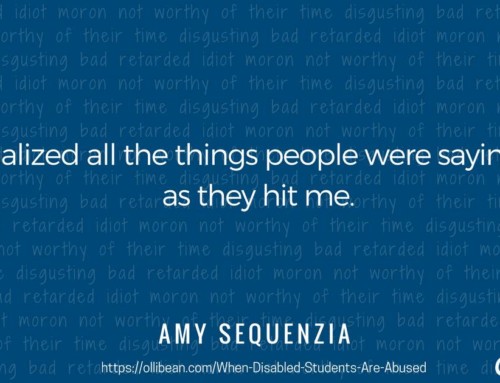

Absolutely. Excellent piece Judy.
I usually think of this sort of thing functionally. There have been a number of breakthroughs that could not have been made by people who were/are highly likely to be autistic. It is hard to guess prospectively what sort of single-minded pursuits might eventually lead up to something special. On the other hand, when someone gets “stuck” in a mode/interest/activity in a way that doesn’t allow them to think about anything else for months/years it can block out opportunities for any other kind of growth. This is true for people on and off the spectrum. Parents would not allow neurotypical children to spend weeks/months playing one video game, and I don’t want my autistic son doing that either. But I also recognize it as a way to stim and decompress. All of that said, I am finding it very difficult to figure out the right balance for this. I try to pay attention to whatever I can perceive of his needs, but I would not let a neurotypical early teen make all of his own decisions and so can’t solely follow what my son says either.
I appreciate your posts and would very much like to hear what you think about finding the right balance for younger autistic people.
This rings so true. Thank you for this article. It is a breath of fresh air to my soul.
I interpret “embrace diversity” with some political undertones, is that your meaning here, or are you speaking more broadly?
Non autistic people can be inflexible too. Consider persistent difficulty in understanding that the puzzle piece is offensive to many Autistics. Or what about persistent beliefs about the myths of high and low functioning? Inflexibility is also present in rigid adherence to non essential social customs. I mean, when were you last approached by someone who might be hiding a weapon in the right hand. That in itself is inflexible. If everyone knows the right hand was likely to be concealing a weapon, a smart person would practice fanatically until competant with the left hand and left handers would be smirking at the ease of fooling the general population.